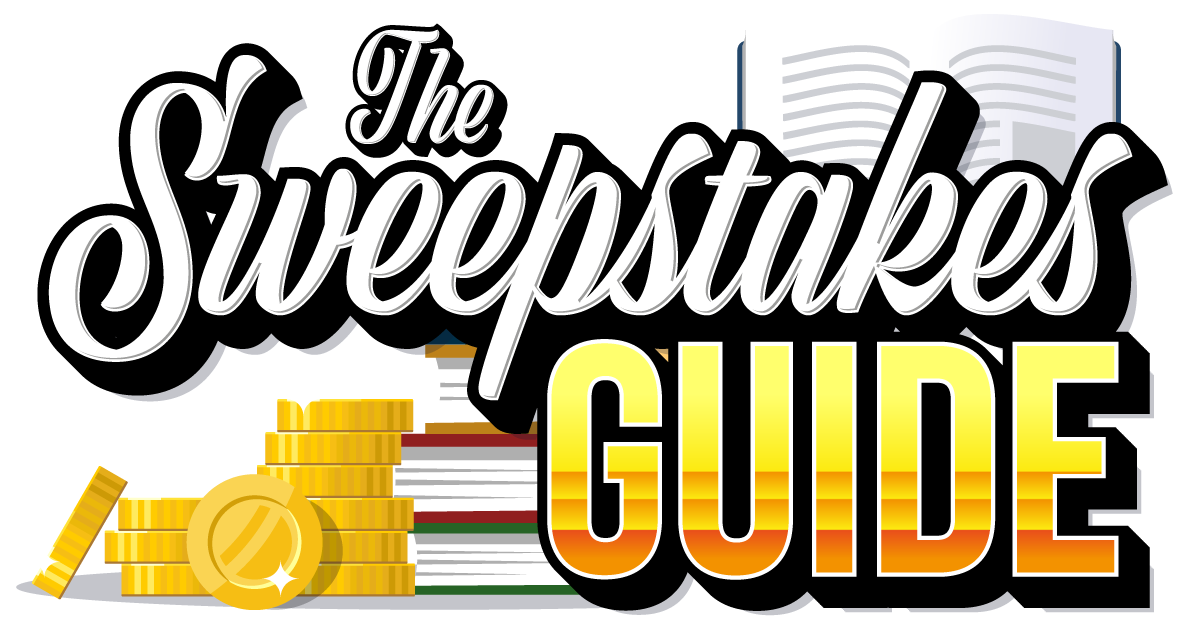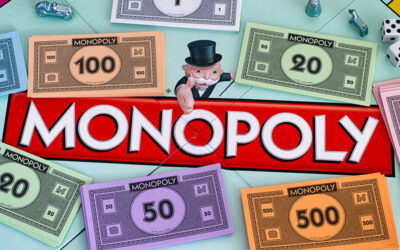Ever wonder if all the hours you spend entering sweepstakes are actually paying off? While the dream of winning big is undeniably exciting, it’s smart to step back and see if the time you’re investing is really worth the potential payoff. In this guide, we’ll break down how to think about your “entry ROI” — a practical way to decide if sweepstakes should stay a fun hobby or become a bigger part of your free-time routine.
Understanding the Real Odds

Most people dramatically overestimate their chances of winning. National sweepstakes with millions of entries often give you odds of one in a million or worse. Even smaller online contests might attract tens of thousands of entries. This doesn’t mean winning is impossible — someone has to — but knowing the math helps keep your expectations grounded. Calculating odds isn’t always straightforward, but looking at past entry pools or published odds can give you a ballpark figure.
It’s also wise to compare types of sweepstakes. Instant wins and local contests tend to have far better odds than large national campaigns. If you’re looking for better “return” on your time, focusing on these can increase your chances of a payout.
Valuing Your Time and Effort

Let’s say you spend 10 hours a week entering sweepstakes. If you win a $500 prize every three months, that’s roughly $500 for 120 hours of work — or about $4 an hour. Of course, entering sweepstakes isn’t really a job, and many people enjoy the thrill. But if your goal is maximizing what your time is worth, it’s worth crunching some rough numbers.
Also consider hidden costs: buying products for receipt-based sweepstakes, subscribing to magazines for entry codes, or even the mental toll of chasing wins that never come. Your personal “entry ROI” should account for these small expenses and frustrations, not just the retail value of prizes.
Finding the Right Balance

So, are sweepstakes worth your time? For many, the answer is yes — but as entertainment, not income. If you like the excitement and can fit it comfortably into your life, it’s a hobby that might occasionally pay off. To get the most enjoyment (and potentially the best ROI), prioritize contests with fewer entries, keep good records, and set limits so you don’t burn out.
At the end of the day, think of your time spent entering as an investment in fun first. Any prizes you win are the bonus. By being intentional about where you put your efforts, you’ll be more likely to see your time pay off — even if it’s mostly in the form of excitement and hope.



